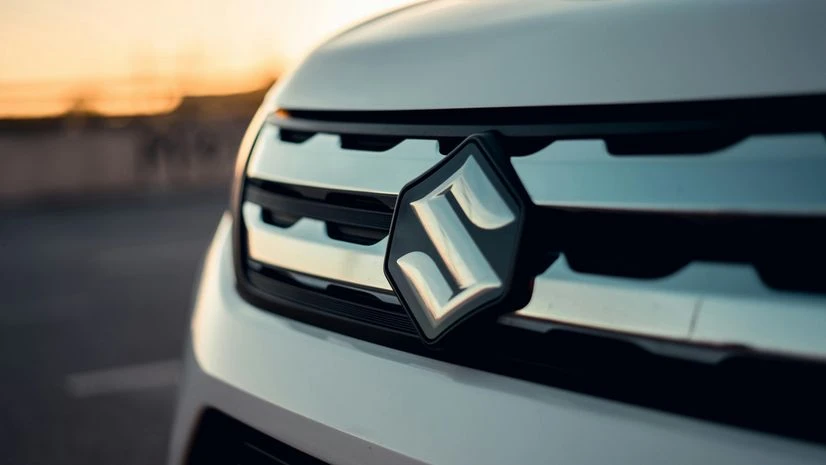Maruti Suzuki India (MSIL) said on Thursday its operations are unaffected by the global rare earth magnet shortage, but added that the situation is “uncertain and evolving”.
The company said it is exploring multiple solutions to maintain continuity in operations and will notify stakeholders if any material impact arises.
The clarification comes amid a Reuters report earlier this week stating that the country’s largest carmaker has slashed production estimates for its upcoming electric SUV, the e-Vitara, by nearly two-thirds due to rare earth supply constraints.
Also Read
According to the report, MSIL has revised its production target for the e-Vitara from 26,000 units to just 8,200 units for the first half of FY26.
The report, citing internal documents, attributed the change to “supply constraints” of critical rare earth elements, particularly magnets used in electric powertrains. Despite the scale back, MSIL reportedly aims to meet its full-year target of 67,000 units by ramping up production in the second half of the financial year.
“Regarding the situation on rare earth, as of now there is no disruption in our operation due to this issue,” said a MSIL spokesperson, in a statement on Thursday.
“There is a lot of uncertainty and the situation is continuously evolving. We are monitoring the situation and pursuing multiple solutions to ensure continuity in our operations. If and when there is any material impact to our business, we will inform all stakeholders in line with regulatory requirements,” the spokesperson added.
Rare earth magnets are a crucial component in electric vehicle (EV) motors and are also used in power steering systems, speakers, and other car components.
Their shortage stems from China’s decision in April to tighten export controls on key rare earth elements, including neodymium, dysprosium and terbium. These elements are essential in the production of permanent magnets used in EVs.
According to the Federation of Automobile Dealers Associations (FADA), electric car sales in India reached 107,645 units in fiscal year 2024–25, up from 91,506 units in FY24, marking a 17.7 per cent year-over-year increase.
China controls more than 90 per cent of the global rare earth magnet supply chain. China’s new export rules require companies to obtain end-use certifications and licences, which has slowed shipments and created uncertainty for automakers worldwide.
The disruption has raised alarm in India’s automotive industry, especially among EV manufacturers who depend heavily on Chinese supplies.
The Indian government is monitoring the situation. A delegation may soon travel to China to expedite clearances for shipments stuck due to regulatory bottlenecks.
Additionally, the government is evaluating measures such as incentivising domestic rare earth magnet production and expanding recycling initiatives.
The rare earth crunch comes at a time when Indian automakers are stepping up EV production to meet future emission targets and global demand.

)